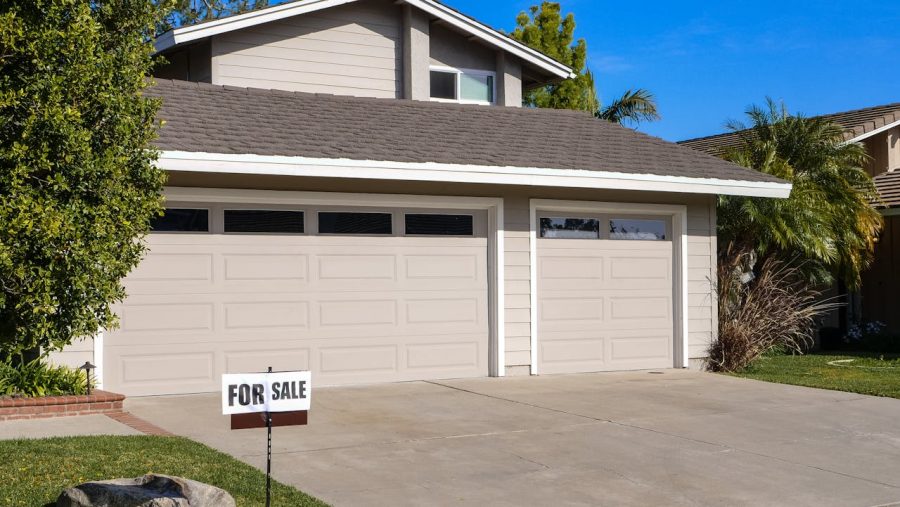Personal finance advisor Suze Orman says that the new retirement age has been bumped up to 70 – but just because you’re planning to earn an income for 10 additional years doesn’t mean that you should delay the payment of your mortgage debt.
Almost two-thirds of American homeowners have funded their dream homes by taking out mortgages – which often leaves them indebted for life. Orman says that when it comes to paying off the mortgage payments, it’s better to do it sooner rather than later – and definitely before you plan to retire from work.

Personal finance advisor Suze Orman says that mortgage debt should be paid off before retirement
Why You Need to Pay Back Mortgage ASAP
The finance expert wrote on Money that almost one-third of American homeowners carry their mortgage debt into their retirement, and once the steady stream of income from their full-time job stops flowing in, they find it increasingly difficult to make the remaining payments.
Orman says that it is not okay for people to spend their golden years of retirement worrying about losing their homes if they fail to pay off their mortgages, but in order to avert the crisis, she recommends making mortgage payments your first priority while you’re still young and able to generate an income. Not only will you be getting rid of a huge financial burden but being debt-free will give you peace of mind before retiring and reduce stress in old age.
With increasing accessibility of healthcare and medical technology, most Americans are pushing the retirement age past 60 which buys them more time to pay off their mortgages. But even if you’re planning to work for longer, there are a number of possible scenarios that you need to prepare yourself for: you may have to leave your job sooner than you planned due to health issues, the tax rates could rise in the future leaving you with less income to make the mortgage payments and devaluing your retirement savings, or the returns for your investments could be less promising.
More Important than Savings?
If the market falls, Orman continues, being mortgage free will become even more beneficial since you’ll be able to retain more of your earnings for other important expenditures and contributing more to your savings account.
She says that mortgage should be considered first priority, even more important than saving for retirement, since you won’t be able to do much with your savings if you lose your house in old age. Orman advises, that if necessary, cut back on your contributions to the retirement fund and focus on paying back your debts first.
But that doesn’t mean that you should turn down an attractive retirement package like the 401(k) offered by your employer to pay back the debt. The financial expert says that you should still contribute enough to get the basic retirement benefits of 401(k) but beyond that, any further efforts to save through traditional savings or investment funds should be slowed down until all debt is paid off.

To pay back the loan before the age of 65, ask your loan advisor to create a new amortization schedule to see how much you need to pay every month in order to meet the goal
Here are Orman’s top two tips to ensure that your mortgage debt is paid off before retirement.
Crunching the Numbers
As mentioned earlier, even if you’re planning to stay in the job market till 70, you should still try to pay back the mortgage debt by the age of 65 if not earlier, giving yourself more leeway in the final few years of employment to stash away as much of your paycheck towards a retirement fund as possible.
Discuss the possibility of paying back the loan before 65 with your loan advisor and ask them to run a new amortization schedule to see how much you need to pay every month in order to meet the goal.
Paying mortgage earlier will also give you more freedom to shift towards less a demanding job once you climb into your sixties, without having to worry about earning a fixed amount of money every month to meet the payments.
Save Wisely
Even though Orman has insisted in the past that everyone should have at least six to eight months’ worth of spending money stashed away in an emergency fund for a safer cushion in case of a financial crisis, she says that saving any more money than that while paying off mortgage is a wasted opportunity.
Any additional cash that you want to put towards the emergency fund should be directed towards paying back the mortgage so that you can be debt-free as soon as possible.










